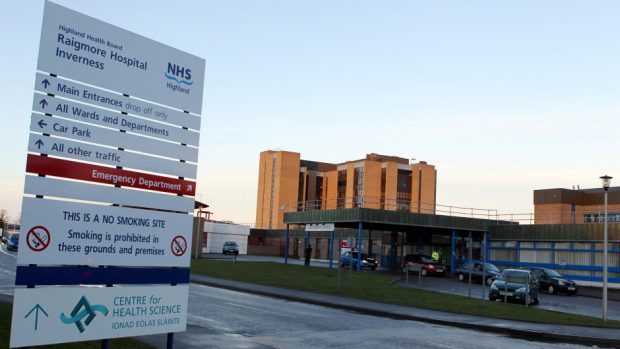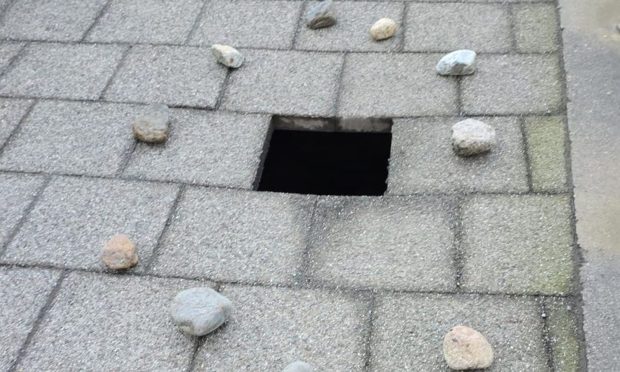Doctors failed to diagnose a woman’s brain tumour for a year despite several admissions to hospital.
NHS Highland has now apologised to the now deceased woman’s family after an investigation by the Scottish Public Service Ombudsman (SPSO).
The woman, identified only as Mrs A, was first admitted to Raigmore Hospital in Inverness following a seizure.
She evaluated by the stroke team and various procedures were carried out including a CT scan and a test that measures and records electrical activity of the brain.
The results were reported as normal and she was discharged a few days later.
However, around five months later she was readmitted to Raigmore after suffering a further seizure.
She was admitted to Nairn Hospital soon after with a history of a loss of consciousness and episodes of seizures.
It was thought at the time that these were likely to be epileptic seizures.
Around seven months later Mrs A attended a follow-up appointment at Raigmore before she was admitted to A&E at Perth Royal Infirmary the following day when she was told she had a brain tumour.
The woman has since died.
Her daughter, identified as Mrs C, complained to the SPSO, which was now found that while it was “appropriate” that Mrs A had been started on medication to treat epilepsy, the subsequent treatment and monitoring was “not reasonable”.
In a report, the SPSO said: “During our investigation, we took independent advice from a consultant neurologist.
“We found that, while some aspects of the woman’s care and treatment were reasonable, there was an unreasonable delay in performing an MRI – a scan used to diagnose health conditions that affect organs, tissue and bone – of her brain.
“This should have been arranged within four weeks of her admission after the loss of consciousness and seizures.”
An NHS Highland spokesman said: “We have already apologised to Mrs C for the way we handled this matter and would again like to sincerely apologise for the failures identified.
“We have reviewed the findings within the report and the recommendations will be shared with the professionals involved.
“We are also reviewing current practices.”










